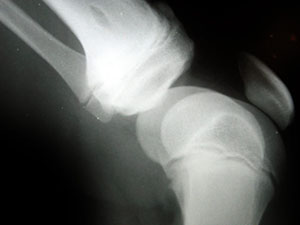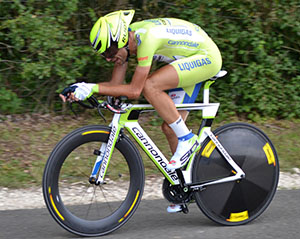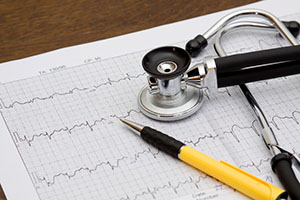
Vegetables Vs. Prescriptions?
New York has launched a program sponsored by the nonprofit “Wholesome Wave” to provide quality food for low-income communities in support of better healthcare. “It’s really an awesome program that’s made it more affordable for me to get fruits and vegetables,” Ms. Brown said. “I told my daughter it’s better to be told you’re overweight and here’s the solution than to just be told you’re overweight and sent home.”
Instead of drugs or admonishments to lose weight, which typically fall on deaf ears, doctors provide families in the FVRx program with a “prescription” to eat fruits and vegetables. The families also are given nutritional education, recipes and, most important of all, so-
called Health Bucks that are redeemable for produce at a local farmers’ market — at twice the amount that the families could purchase with food stamps alone. (Ms. Brown receives $325 in food stamps each month to feed her family of five.) There is no single solution to the nation’s epidemic of obesity and the costly diseases that result from it But this and similar programs at community health centers in 30 states strongly suggest that providing access to fresh fruits and vegetables, with the means to purchase them and the motivation to do so, can make a meaningful dent in the problem.
Think of how many conditions and diseases can be prevented and reversed through good nutrition!
Read more here : Prescribing Vegetables, Not Pills – NYTimes.com

 Knee arthritis is a painful condition in which the joints in the knee become inflamed. Depending on the severity of the condition, it may limit an individual’s normal range of motion, forcing him or her to keep body weight off the affected knee. While there’s no known cure for arthritis of the knee, a recent study found herbal acupuncture to effectively treat the symptoms associated with this condition.
Knee arthritis is a painful condition in which the joints in the knee become inflamed. Depending on the severity of the condition, it may limit an individual’s normal range of motion, forcing him or her to keep body weight off the affected knee. While there’s no known cure for arthritis of the knee, a recent study found herbal acupuncture to effectively treat the symptoms associated with this condition.  Are you addicted to sugar? If so, you aren’t alone. According to the American Heart Association (AHA), the average American consumes a whopping 89 teaspoons of sugar per day – about 3-4 times more than the recommended daily allowance.
Are you addicted to sugar? If so, you aren’t alone. According to the American Heart Association (AHA), the average American consumes a whopping 89 teaspoons of sugar per day – about 3-4 times more than the recommended daily allowance.
 The workplace is one of the top sources of stress in the average person’s life. According to a 2009 study conducted by the American Psychological Association (APA), a staggering 69% of employees in the U.S. say work is a “significant source of stress,” and 41% say they are tense throughout the workday. If you constantly feel stressed at work, try some of the following tips to create a more tranquil and relaxing work environment.
The workplace is one of the top sources of stress in the average person’s life. According to a 2009 study conducted by the American Psychological Association (APA), a staggering 69% of employees in the U.S. say work is a “significant source of stress,” and 41% say they are tense throughout the workday. If you constantly feel stressed at work, try some of the following tips to create a more tranquil and relaxing work environment. 
 According to the Centers for Disease Control and Prevention (CDC), people who suffer from high LDL cholesterol are twice as likely to develop heart disease – the number one cause of death in both men and women (
According to the Centers for Disease Control and Prevention (CDC), people who suffer from high LDL cholesterol are twice as likely to develop heart disease – the number one cause of death in both men and women ( Depression is a serious medical illness that can lower a person’s quality of life while contributing to the onset of symptoms such as headache, insomnia, fatigue, and malnutrition. According to the
Depression is a serious medical illness that can lower a person’s quality of life while contributing to the onset of symptoms such as headache, insomnia, fatigue, and malnutrition. According to the  Natural menopause – the absence of menstruation for longer than 12 months – often comes with a wide range of unpleasant symptoms, such as insomnia, anxiety, irritability, night sweats, and of course hot flashes. However, a recent study found acupuncture to reduce or even eliminate some of these systems, improving quality life and reducing stress/anxiety in women going through menopause.
Natural menopause – the absence of menstruation for longer than 12 months – often comes with a wide range of unpleasant symptoms, such as insomnia, anxiety, irritability, night sweats, and of course hot flashes. However, a recent study found acupuncture to reduce or even eliminate some of these systems, improving quality life and reducing stress/anxiety in women going through menopause.
